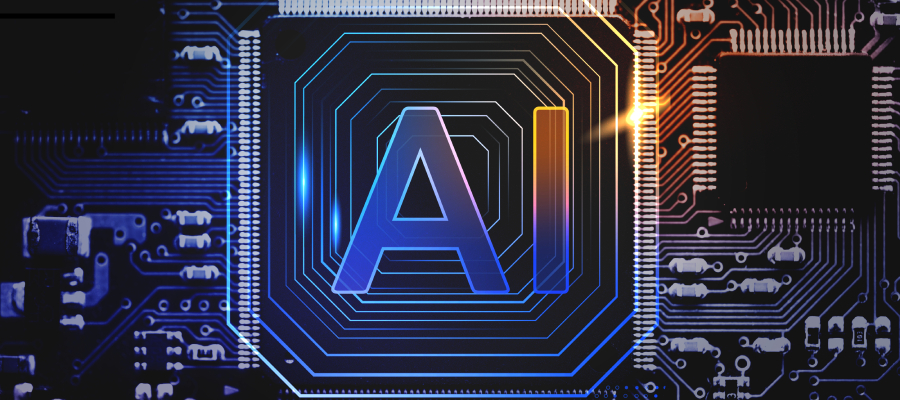Artificial intelligence can now be used to produce convincing audio deepfakes, to find rouge planets in space, and to predict accident hotspots. In this article we take a loot at 3 surprising new applications for artificial intelligence.
Deepfake audios cause security concerns
There has been a lot of discussion over the quality of deepfake videos. AI in this regard has become so powerful that it can be hard for casual viewers to identify a fake video. This has raised a lot of security alarm bells. Researchers from the University of Chicago wanted to see if the same could be done with audio recording. In a disturbing finding, the researchers found that a freely available tool is capable of generating highly convincing deepfake audio. The audio was able to fool virtual assistants like Alexa and even fooled human ears 50% of the time. This has raised fresh security concerns related to voice being effective biometric protection. Only 5 seconds of a person's audio is enough for the tool to generate a fairly convincing deepfake.
See also: How Assistive Tech Can Aid Employees With Disabilities
Aritficial Intelligence for Space Exploration
We have become fairly good at finding exoplanets. So far thousands of such plants have been identified. Exoplanets are planets that orbit close to their host stars, similar to how the earth orbits the sun. We are not as adept at finding rogue planets. These are planets that float freely through space and are not bound by any particular star. Many astronomers believe that such planets are far more common than we know. Now, AI is stepping in to help find more such heavenly bodies. Using AI, NASA's Nance Grace Roman Space Telescope will help identity rogue planets. When such a planet aligns precisely with a distant start, it momentarily brightens the distant star's light. Roman will use this brightening to identify the presence of a rogue planet.
Aritficial Intelligence to improve traffic safety
Researchers from Qatar Center for Artificial intelligence and MIT have developed a way to use machine learning and AI to predict high risk accident spots. The technology makes use of GPS data and satellite imagery to make its predections. The system will be able to identify these spots even if there is no history of accidents taking place there. This can help cities make roads safer before casualties occur.
AI has become an integral part of our lives and continues to evolve. As more devices become smart and connect to the cloud, the wealth of data being collected will give rise to new applications for AI that we may not have imagined yet.
Subscribe to whitepapers.online to learn more about trends in artificial intelligence.
Featured image: Technology photo created by rawpixel.com - www.freepik.com

